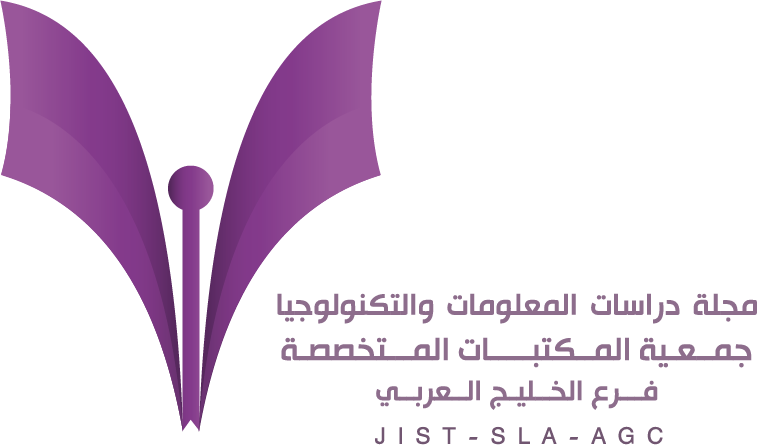-
oa Development and Validation of a Knowledge Management Questionnaire
- المصدر: Journal of Information Studies & Technology (JIS&T), Volume 2018, Issue 1, مارس ٢٠١٨, 2
-
- ٠٥ مارس ٢٠١٨
Purpose: The purpose of this study was to propose a reliable and valid knowledge management performance measurement (KMPM) model for enterprises. Accordingly, this study draws on the knowledge management (KM) and factors affecting the flow of knowledge and its sharing in organizations, particularly the Ministry of Education (MOE) in Oman. Design/methodology: The study explored the current status of knowledge management (KM) in the MOE in general and knowledge sharing (KS) in particular; it also explored the factors affecting (KS). Therefore, it was divided into two sections: demographics and multiple choice questions comprising five factors: KMP, KS, Attitude, Commitment, and Shared Trust. The dimensional structure of the questionnaire was investigated with a sample of 136 employees holding various positions from the 9 Directorate General at the MEO in Oman (61.8% males and 38.2% females). Findings: Based on the factor analysis results, the questionnaire emphasized five factors: KMP, KS, Attitude, Commitment, and Shared Trust. The internal consistency and concurrent validity of KMPM were verified (Cronbach's alpha = 0.944). KMPM and its factors were significantly correlated with Socio-Technical Enablers (STE) scale. The validity of KMPM was tested using concurrent validity method and revealed a significant correlation of (0.847) between the two scales. This questionnaire was proved to be relatively reliable and valid. Practical implications: The researchers developed a questionnaire to measure the reality of KM initiatives in the MOE by assessing whether the work environment: (1) nurtures and accelerates the sharing of knowledge, (2) identifies enablers and obstacles affecting the flow of knowledge and (3) trains staff to capture the proper knowledge to be able to share it with the right people at the right time in the right form and at the right cost. The employees were classified according to job title into three levels: strategic, executive, and operational. Originality/value: This paper attempts to provide a comprehensive overview of the reality of knowledge management performance (KMP) capability assessment instrument in the MOE in Oman. No such measurement instrument currently exists in Oman. The instrument not only demonstrated consistent reliability, but also provided insights into organizational readiness for KMP with regard to three main individual factors, namely Commitment, Attitude, and Shared Trust.


